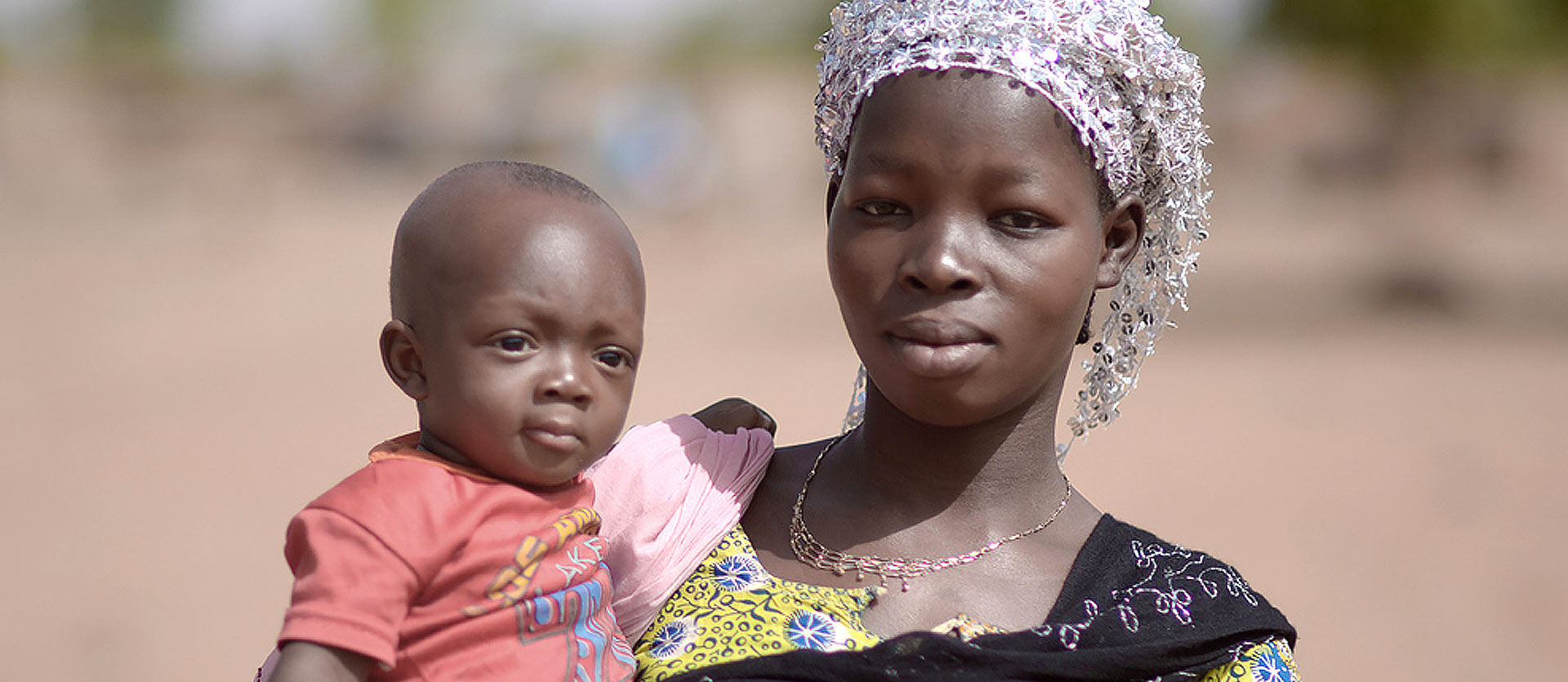Burkina Faso
Started: November 2017 / Ended: June 2019
MCSP supported the Ministry of Health (MOH) in Burkina Faso to strengthen the country’s routine immunization systems and surveillance – and their preparedness for a potential outbreak and response – with a focus on epidemic-prone, vaccine-preventable diseases such as meningitis. The program was funded by USAID through the Global Health Security Agenda .
MCSP worked to:
- Scale up and strengthen case-based and community-based surveillance to improve meningitis detection and confirmation;
- Improve preparedness and response mechanisms for future meningitis outbreaks;
- Increase MenA, PCV3, and Penta3 immunization coverage through strengthening overall routine immunization system in low-performing districts and maintaining high coverage in well-performing districts; and
- Strengthen surveillance, coordination, communication, and case management for ongoing and future dengue fever outbreaks.
MCSP complemented implementation of the country’s meningitis response plan by minimizing the occurrence of epidemics through preventive vaccination. Consequently, we worked with the National Immunization Program to reach every community and child with high-quality immunization services through the second year of life in six districts spread over three regions of the country: the Centre, Centre-Est, and Est regions. Through increasing and sustaining immunization coverage, and promoting a favorable policy environment at the national level, MCSP contributed to reducing childhood illness and deaths. By scaling-up community-based surveillance, we enabled communities to rapidly detect, report and respond to cases and potential outbreaks.
In addition to MCSP’s focus on routine immunization and surveillance for vaccine-preventable diseases, the Program supported the MOH to effectively respond to the 2017 dengue fever outbreak in country through communication campaigns, training health care providers on dengue case management, and improving surveillance quality.
MCSP built on malaria work begun under USAID’s predecessor flagship Maternal and Child Health Integrated Program, which provided technical and programmatic support to the National Malaria Control Program to address comprehensive malaria prevention and control, with a particular focus on diagnostics, treatment, and malaria during pregnancy.
To read a summary of work in Burkina Faso, click here.
Intervention Areas:
Country Data
MCSP analyzed coverage disparities across RMNCH indicators for MCSP program countries. Click below for country-specific data.
| Select Health and Demographic Data for Burkina Faso | |||
| GDP per capita (USD) | 670.706 | ||
| Total Population | 19,193,382 | ||
| Maternal Health | |||
| Maternal Mortality Ratio (deaths/100,000 live births) | 341 | ||
| Skilled birth attendant coverage | 79.8% | ||
| Antenatal care, 4+ visits | 33.7% | ||
| Newborn Health | |||
| Neonatal mortality rate (deaths/1,000 live births) | 25.6 | ||
| Infant mortality rate (deaths/1,000 live births) | 52.7 | ||
| Child Health | |||
| Under-five mortality (deaths per 1,000 live births) | 84.6 | ||
| Treatment for acute respiratory infection | 51.8% | ||
| Immunizations | |||
| Diphtheria-pertussis-tetanus vaccine coverage (3 doses) | 91% | ||
| Family Planning | |||
| Modern contraceptive prevalence rate | 24.5% | ||
| Total fertility rate | 5.353 | ||
| HIV | |||
| HIV prevalence, adult | 0.8% | ||
| ART coverage, adult | 60% | ||
| Health Systems | |||
| Density of physicians (per 1,000 population) | 0.047 | ||
| Density of nurses & midwives (per 1,000 population) | 0.63 | ||
| Total Health Expenditure per capita (USD) | 33.443 | ||
| Sources: All data are from the World Health Organization, World Bank, and United Nations Children’s Fund. | |||

